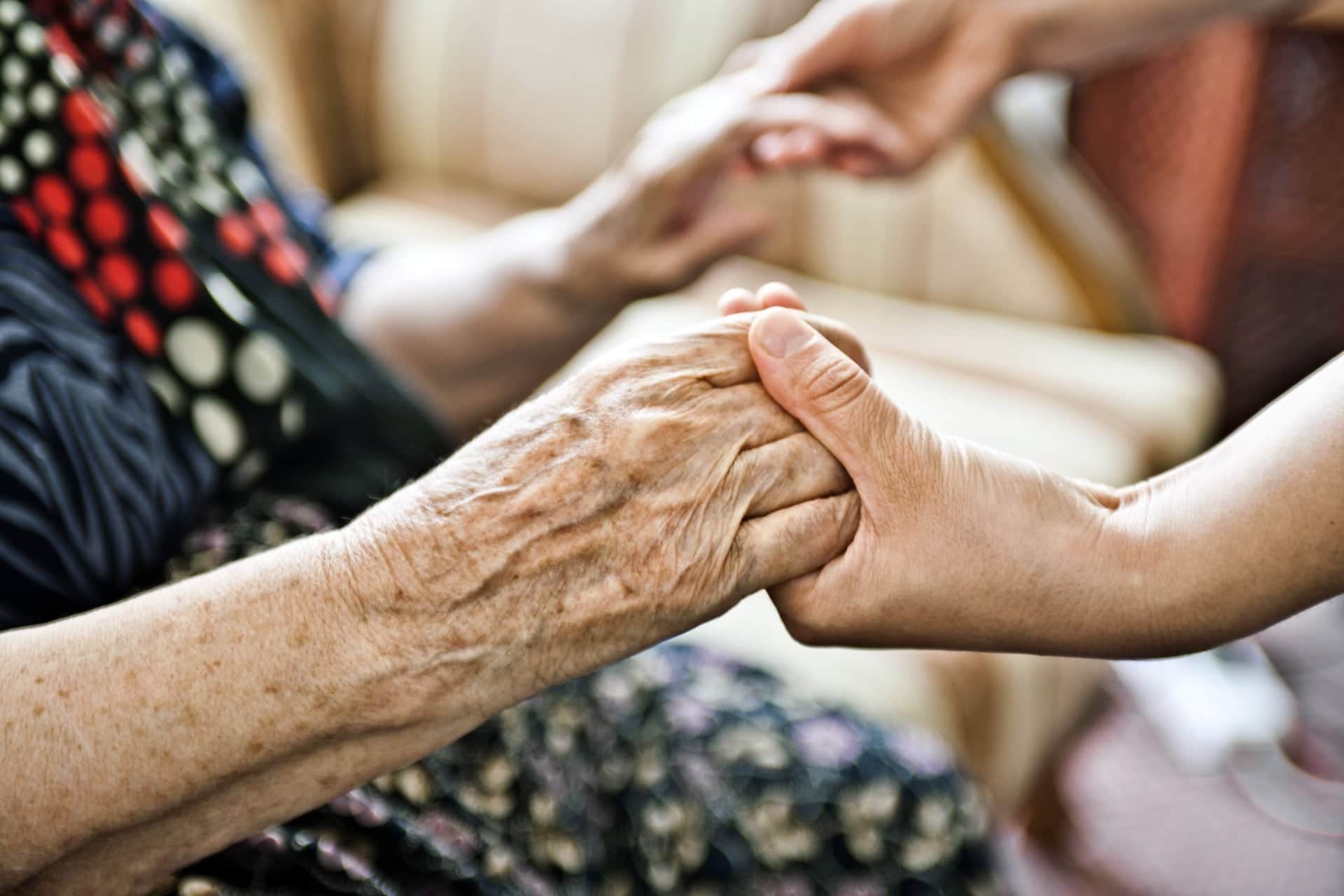
While the coronavirus (COVID-19) pandemic has impacted people around the world, elderly populations are particularly vulnerable to this virus. Nursing home facilities have seen COVID-19 spread quickly and easily among residents and staff members, leading to severe health complications and even deaths. If you or your aging loved one is currently in a nursing home or similar care facility, it’s understandable to feel anxious and concerned about the future. Let’s take a look at what these facilities can (and are) doing to protect residents and employees from contracting and spreading the virus.
Protecting the Vulnerable
When health experts first noticed that nursing homes were seeing an alarming rate of COVID-19 cases, one of their first steps was to restrict visitors from entering the facility and unknowingly spreading the virus. According to the Centers for Disease Control (CDC), some individuals may have the virus but not have any symptoms. These “silent carriers” are particularly dangerous, as a well-meaning and asymptomatic daughter could transmit the virus to her mother simply by visiting her at the nursing home. Depending on the facility, visitors were either carefully inspected for signs of the virus upon entering the facility, or visitations were suspended altogether. These dramatic changes were implemented in the hopes of keeping residents safe and healthy.
Educating Employees
The CDC also encourages nursing home facilities to educate all staff on how the virus is transmitted and how to protect themselves (and the residents) from exposure and infection. Wearing personal protective equipment (PPE) and keeping a safe distance from other people in the facility are some basic measures that employees can take to reduce exposure. Additionally, the facility should encourage any employee who feels ill or exhibits symptoms to stay home. The CDC asks these facilities to screen all employees at the beginning of their shift for fever and any other signs of COVID-19. By keeping infected individuals from working in the vicinity of elderly residents, the hope is that these vulnerable individuals can avoid exposure to the virus.
Getting Creative With Connection
For many residents, these measures are creating intense feelings of isolation. As elderly individuals are unable to visit with their loved ones, and—in many cases—prevented from socializing with one another in the facility’s common rooms, feelings of sadness, abandonment, and loneliness are becoming common. Now more than ever, our loved ones need to feel a sense of connection and reassurance. While we cannot visit them in person, we can still call, chat via videoconference, send cards, send videos, and think of other innovative ways to express our love to them.
At Legacy Law Group, we recognize how challenging this current situation is for everyone, especially for older individuals. That’s why we remain committed to helping our Spokane Valley clients feel supported and empowered as they make important decisions about their long-term care. Call (509) 315-8087 today to discuss your goals and concerns with an experienced and compassionate long term care planning attorney.




